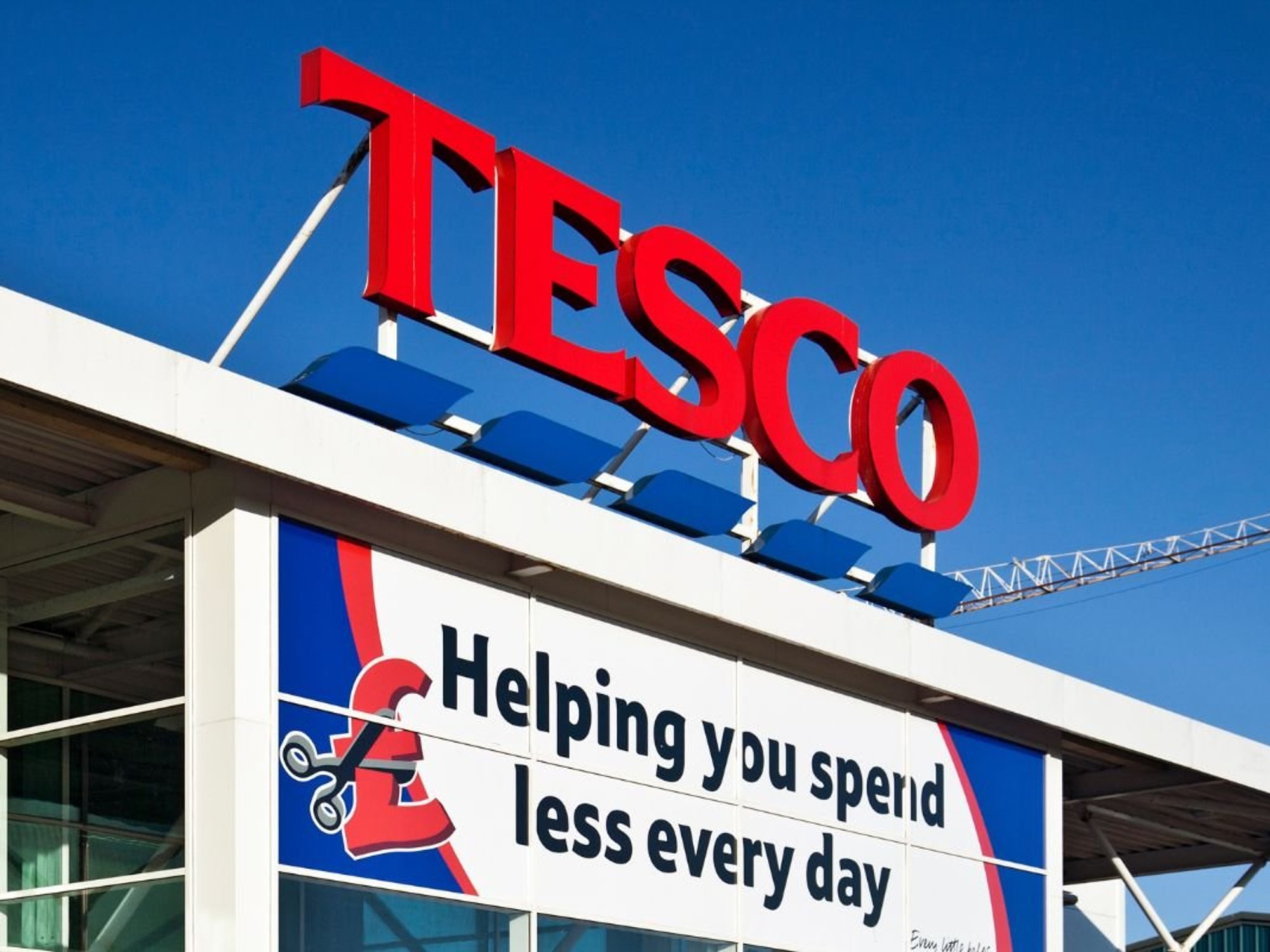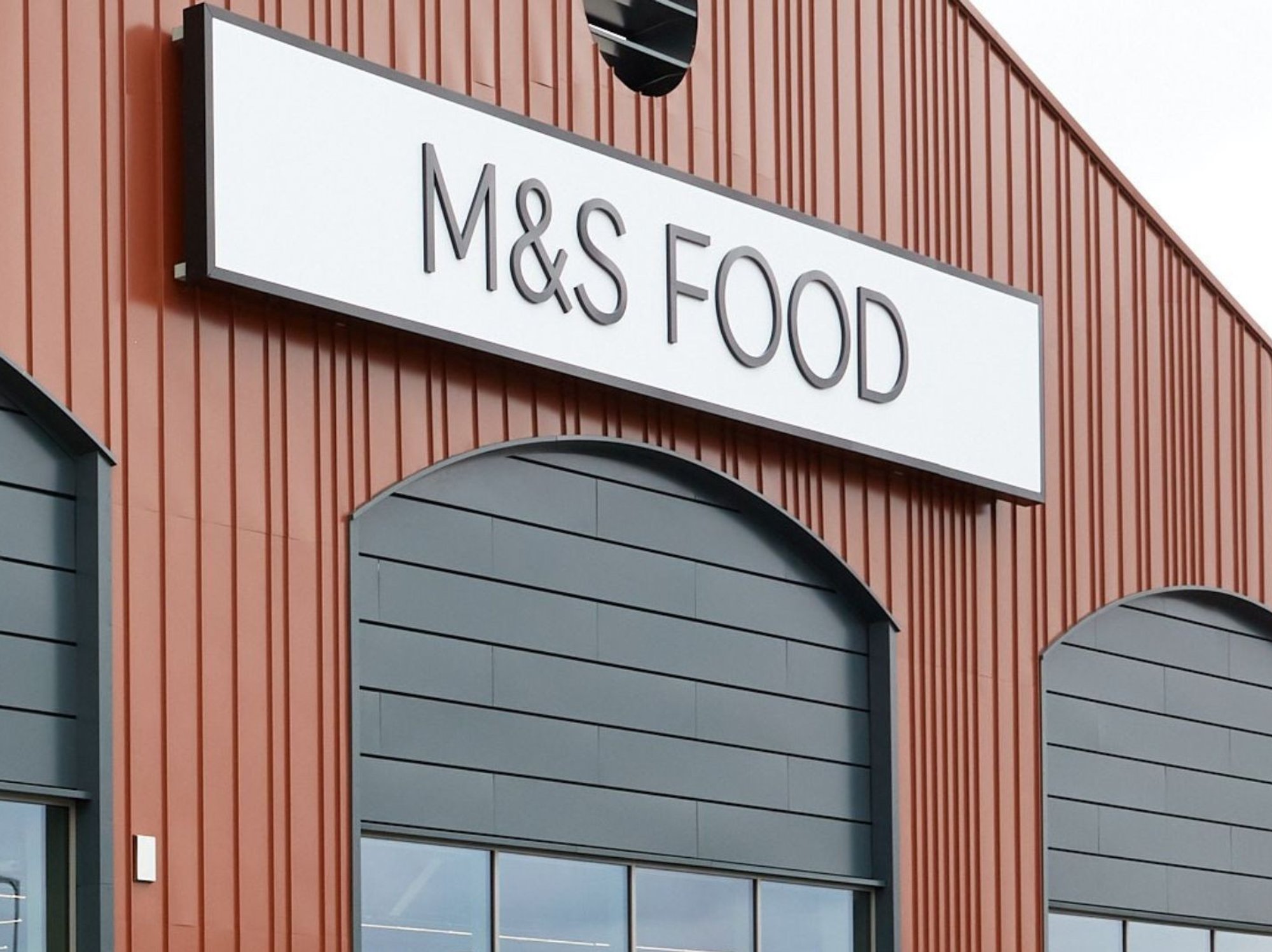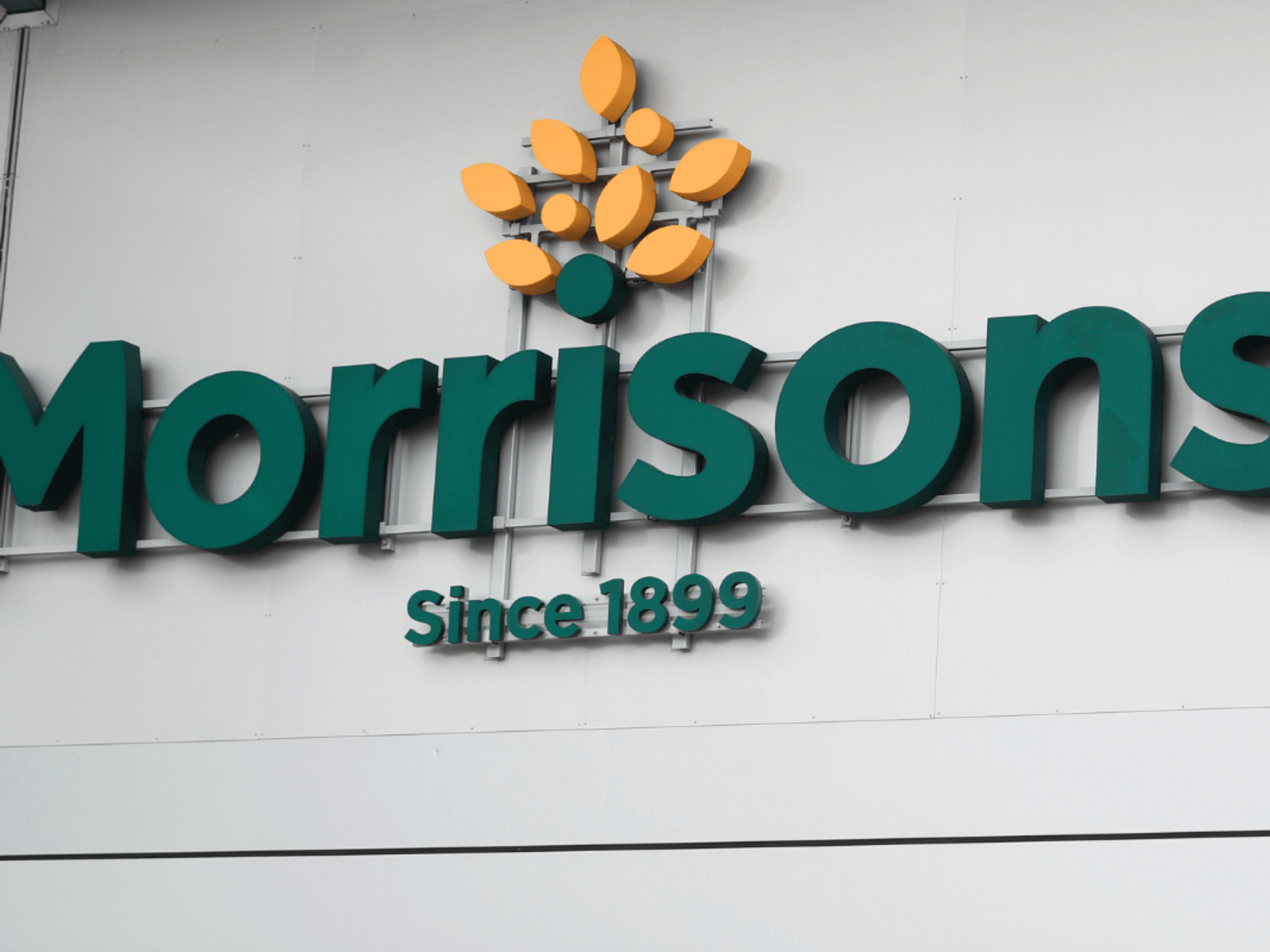Rachel Reeves could end fuel duty freeze at Autumn Budget as electric car uptake causes mayhem
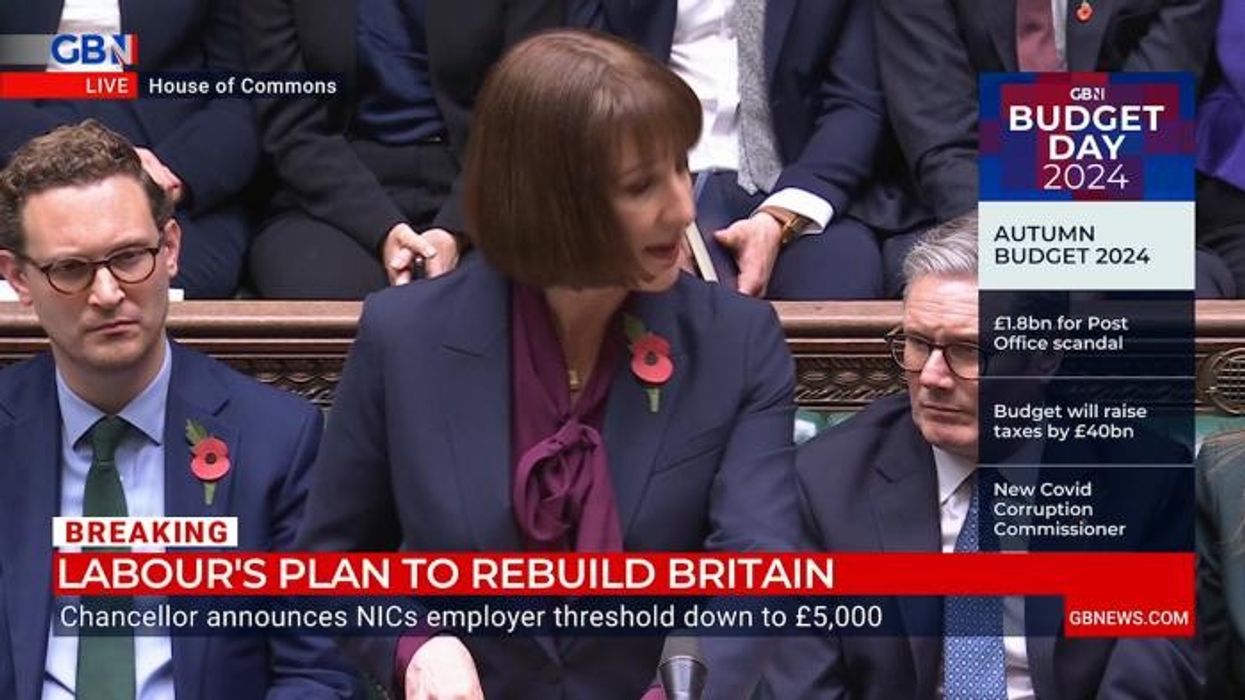
WATCH: Rachel Reeves says she will continue to support the purchasing of electric vehicles
|GB NEWS

Fuel duty dropped £200million last year as more drivers bought electric vehicles
Don't Miss
Most Read
Rachel Reeves has been urged to address the growing fuel duty crisis, which has caused the Treasury to lose millions of pounds.
Due to the UK's push towards electric vehicles, it has caused fuel duty receipts to plummet by £200million to £24.6billion, with the figure set to continue to drop each year.
This decline comes at a critical time for the Chancellor, with experts warning that she needs to urgently address the revenue shortfall to prevent further investment uncertainty.
The drop in fuel duty receipts could prompt the Chancellor to announce an end to the fuel duty freeze at the Autumn Budget.
Do you have a story you'd like to share? Get in touch by emailing motoring@gbnews.uk
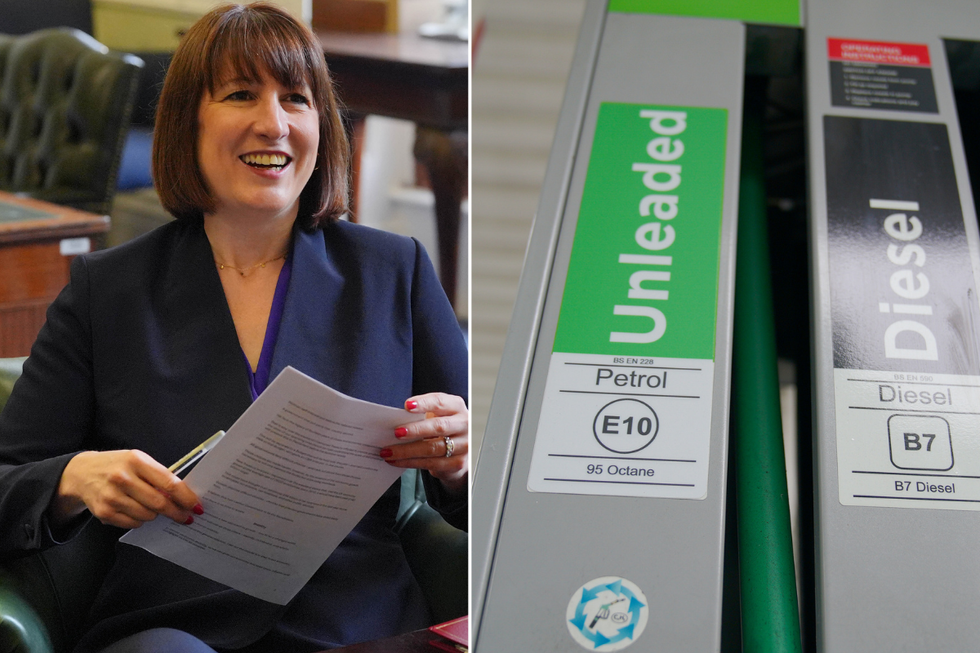
The fuel duty freeze will expire in March next year, with experts warning it may not get renewed again
| PASheena McGuinness, Co-Head of Energy and Natural Resources at RSM UK, said: "While the tax take for the majority of other taxes has increased, fuel duty receipts continue to fall.
"This decline is even more stark when tax revenues on average are increasing steadily, with the 2023-24 tax year seeing an annual uptick of 5.3 per cent."
This concerning trend comes despite the critical importance of increasing renewable electricity generation to achieve net zero goals and enhance energy security.
The temporary 5p per litre fuel duty cut, which has contributed to the declining revenues, is set to expire in March 2026.
A Treasury spokesperson told GB News: "The 5p cut is set to expire in March 2026. The Chancellor makes decisions on tax policy at fiscal events in the context of public finances."
Experts have suggested that increasing fuel duty after the extension period ends could help plug the revenue gap while supporting the Government's Zero Emission Vehicle mandate, which requires all new car sales to be electric by 2030.
The current fuel duty rate is reportedly the lowest in cash terms since March 2009, following an 11-year freeze before the cut was introduced in 2022.
Industry analysts suggested that as electric vehicle adoption increases, the Government faces a significant funding challenge in keeping revenues from driving.
LATEST DEVELOPMENTS:
- Drivers to be penalised for breaking amended Highway Code rules under new proposals - 'People are dying'
- UK town returns roads to 30mph for first time in two years amid end of 20mph limits - 'Necessary change'
- Labour tipped to scrap 'luxury' car tax for popular vehicles in Autumn Budget impacting millions of drivers
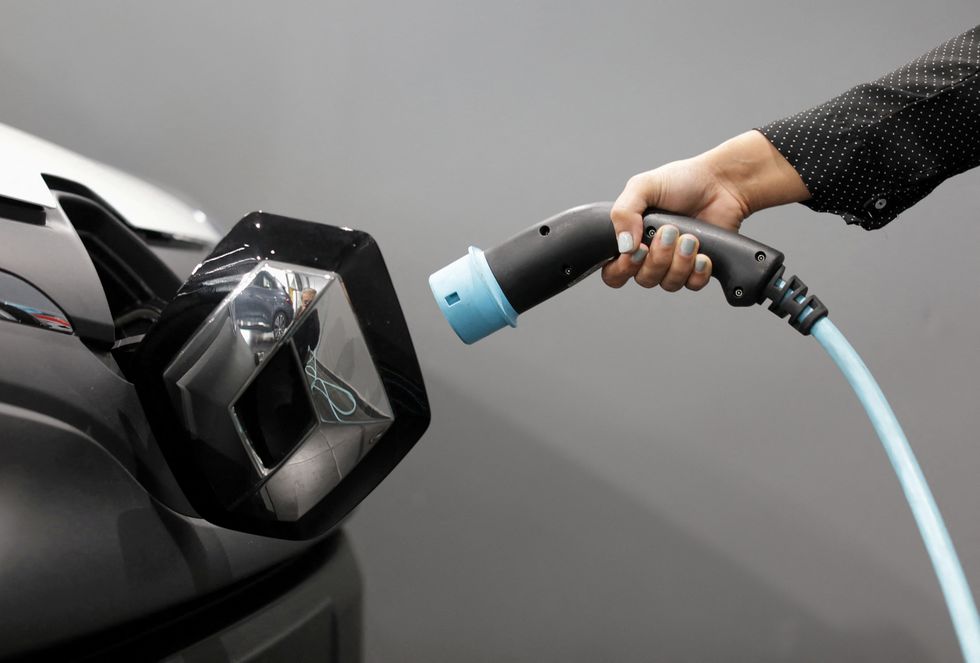
Electric vehicle uptake has contributed to fuel duty receipts dropping
| REUTERSWhile the current low fuel duty rate has provided relief to motorists during economic pressure, experts warn this comes at the cost of slowing the transition to greener transport options.
With the Industrial Strategy expected in June, the Government faces mounting pressure to address the fuel duty revenue decline as part of a comprehensive approach to energy policy.
"If the Government is serious about energy transition and the role of the energy sector in driving economic growth, tackling the fall in revenue needs to be addressed as part of a long-term strategy which encourages productivity and reinvestment of profits," McGuinness added.
But she did note that the Government has ruled out introducing road pricing as a means to charge electric, petrol and diesel cars at the same rate.
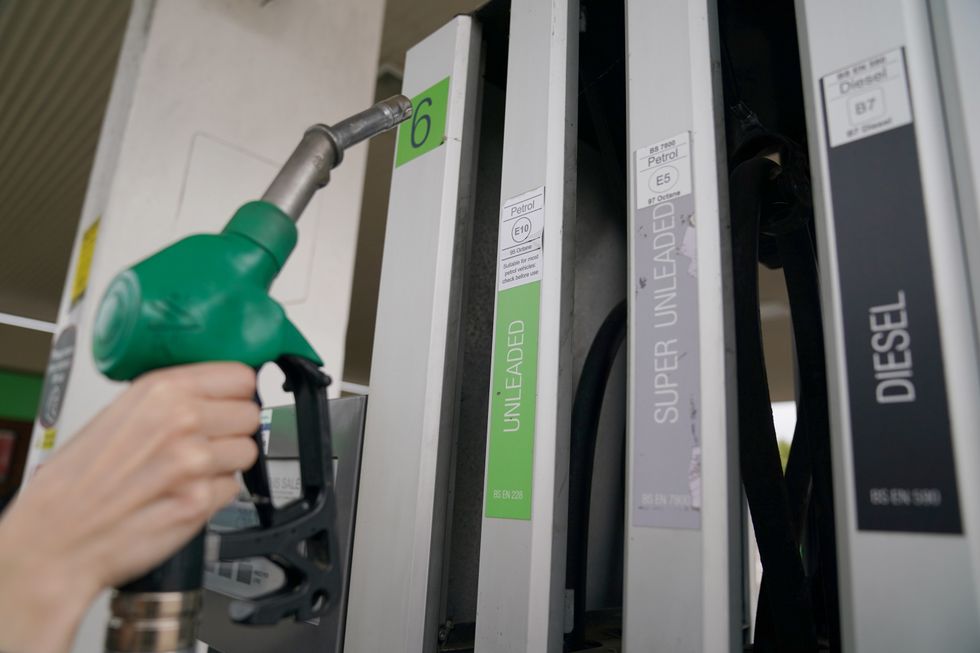 Drivers could see fuel duty rates rise in the October Budget | PA
Drivers could see fuel duty rates rise in the October Budget | PAMcGuiness stressed that "industry and consumers alike need a long-term strategy and some certainty on the future cost of motoring to support the transition to electric vehicles".
The Autumn Budget, which is expected to take place later this year, hopes to offer some much-needed clarity from the Treasury about its current car tax position.








